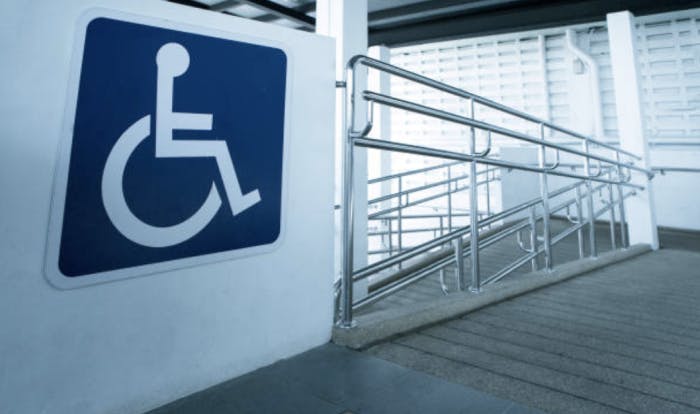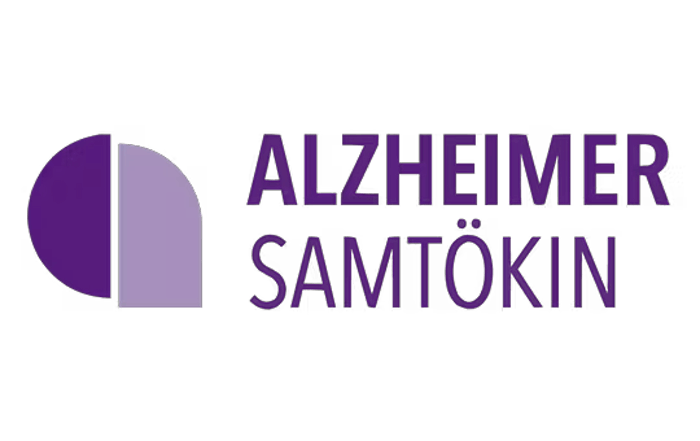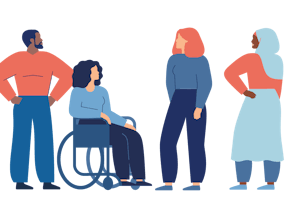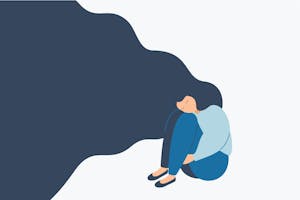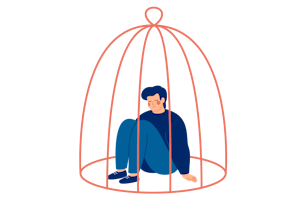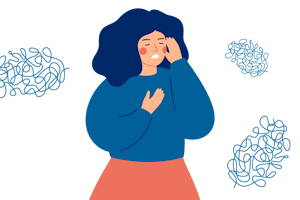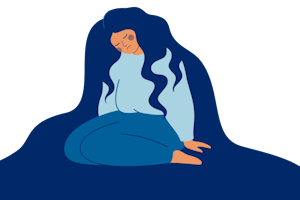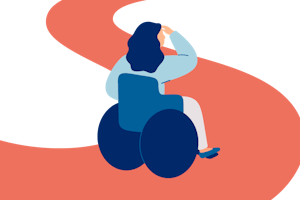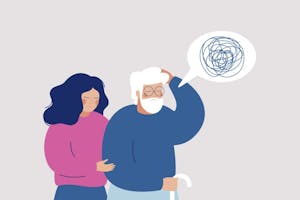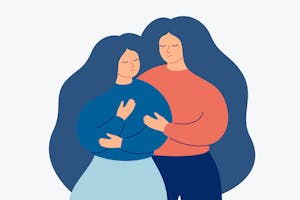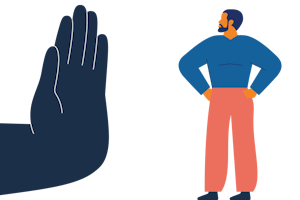Types of coercion and restraint
Physical use of force
When a person is held down by physical force. Often used to prevent the person from causing harm to themselves or others or damaging their or others' property.
Sometimes the use of physical force is considered necessary to protect the individual or others.
It is important to try to find the cause of a person's violent behaviour. The cause is often easy to prevent.
Forced Acts
When a person is forced to do activities that they do not want to do.
The activities may be considered necessary such as taking medication, eating, washing, using assistive devices, and so on.
Freedom of movement limited
When a person's home is locked so that they cannot get out unless they ask for permission.
It also applies when a person is tied down in a chair or bed.
Removal against will
When a person is moved from place to place against their will, such as from home to day care.
Access to assets restricted
When a person is given limited or no access to their property. Examples: when access to a bank account is removed or a refrigerator is locked.

